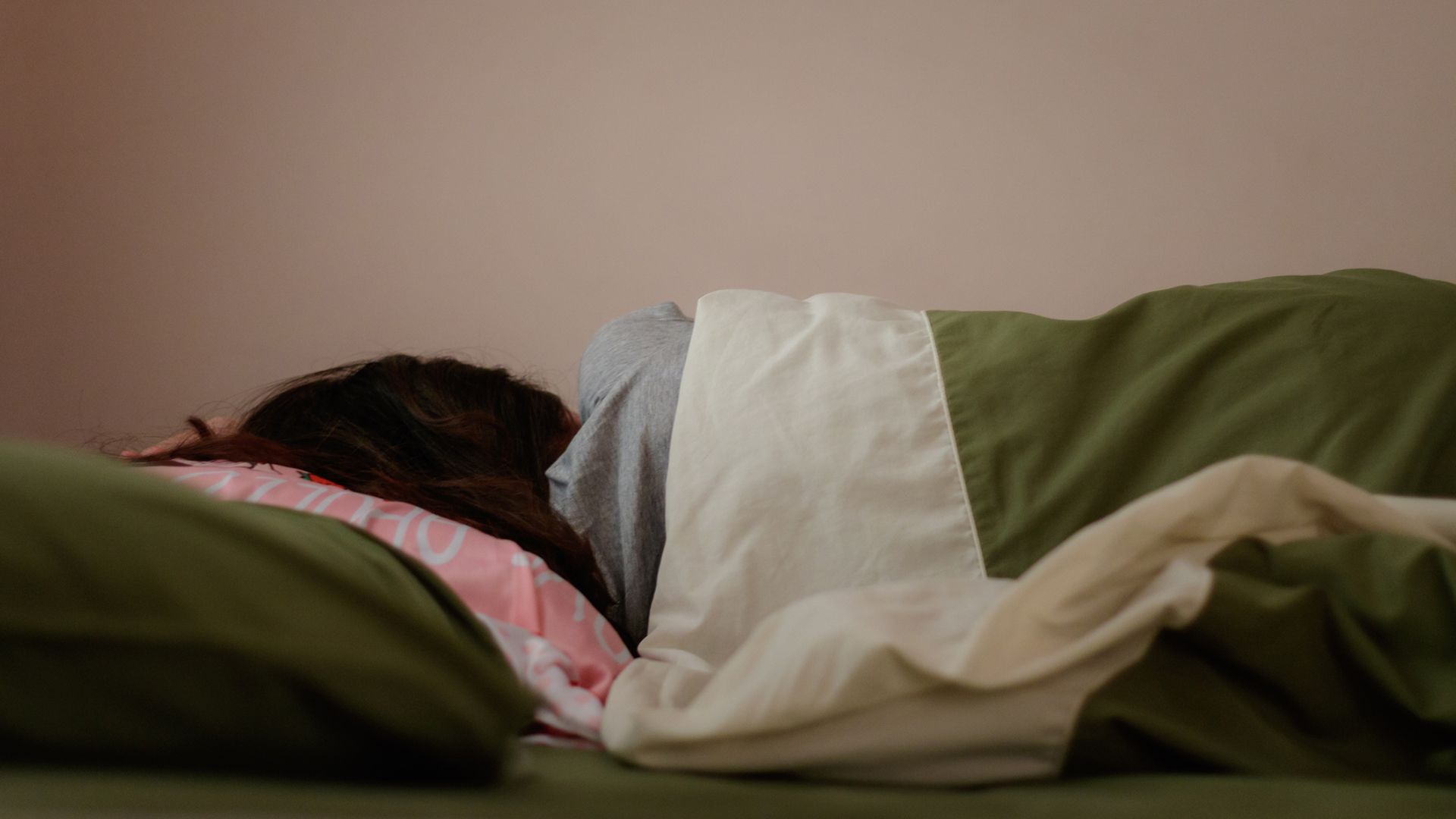When building a treatment plan for ulcerative colitis and Crohn's disease, you should focus on your mental health and physical condition.

Transcript
So it's really important to remember that treating our mental health is a really important tool in our toolbox to treat our whole human health,
especially when it comes to chronic disease management. [LIGHTHEARTED MUSIC] Mental health is critical to our whole body health,
and it's especially important for anyone dealing with chronic conditions. Often we have spent so much time separating the mind from the body,
and it's like taking care of physical things, taking care of mental things. We really can't separate the two. It's really the whole person, the whole human.
Let's talk about ulcerative colitis, Crohn's disease, and mental health. When patients are first diagnosed with either of these conditions, they
can struggle with mental health issues. What have you seen, Dr. Judd? Ulcerative colitis and Crohn's disease can bring upon many mental health issues.
Some things we heard from patients are-- "my anxiety and depression prevent me from getting the regular checkups I need;" 'if I stress or worry too much, it causes my ulcerative colitis
to flare up." In our survey, 77% of respondents reported having symptoms of major depressive disorder
or anxiety. That's a pretty large number. How exactly does anxiety affect individuals with ulcerative colitis and Crohn's disease?
DR. JUDD: Managing UC and Crohn's disease can become even more of a challenge with these conditions. Anxiety and depression increased flareups and complications
of ulcerative colitis and Crohn's disease, and they can render treatment unsuccessful. Depression and anxiety can also be reactions
to the physical symptoms of both ulcerative colitis and Crohn's disease. Symptoms of UC Crohn's can include abdominal pain,
chronic diarrhea, fatigue, general weakness, and these are things that can make it difficult to live your life. So how can individuals manage their anxiety and depression
while also managing their ulcerative colitis or Crohn's disease? When building a treatment plan, you should focus on treating both your mental health
and your physical symptoms-- the whole human. Managing your anxiety can also look like this-- practicing relaxing breathing exercises,
light exercise like swimming or walking, journaling, reading, and guided imagery, and of course meditation.
It can be easy to feel overwhelmed or lost when ulcerative colitis or Crohn's disease seems to be controlling your life.
But talk to your health care provider about what steps you can take, and together you can get your disease under control.




